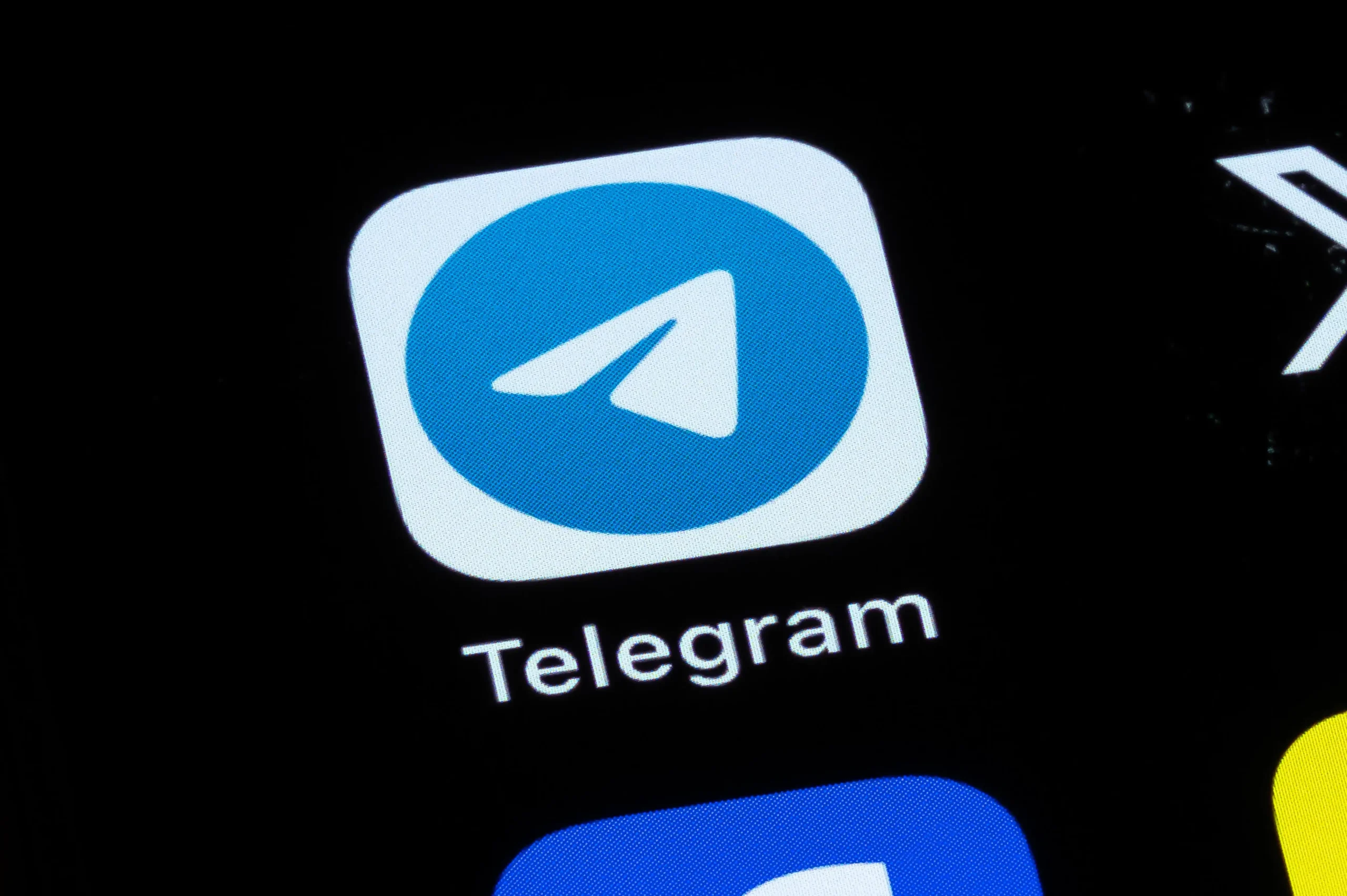Elon Musk may soon make headlines in Russia, as reports suggest he is in talks with Russian authorities to unblock X (formerly Twitter) in the country. However, there’s a caveat—Musk’s platform must agree to stricter content moderation and establish a direct line of communication with the Kremlin.
According to insiders, these negotiations have been ongoing for months, with Musk showing strong interest in strengthening X’s foothold in the Russian market. In exchange, Musk has allegedly offered tools to amplify Kremlin-friendly messaging on the global stage, a strategy exemplified by Tucker Carlson’s viral interview featuring Russian officials.
High-Level Backing in the Kremlin
Key Kremlin figures pushing for X’s return reportedly include Dmitry Peskov, Vladimir Putin’s spokesperson, and Maxim Oreshkin, the president’s economic advisor. For his part, Musk sees Russia as a high-potential market and appears willing to adapt X’s content policies to meet Moscow’s demands.
While Musk sets his sights on Russia, Telegram, long the dominant platform for political and business communications in the country, finds itself under mounting pressure both domestically and internationally.
Trouble for Dur💔v’s Telegram?
Telegram founder Pavel Durov has recently admitted to cooperating with Western regulators, including providing data on 10,000 users to European law enforcement. Sources allege that Durov has been working closely with French authorities, a revelation that has raised alarm among Russian elites.
“Telegram’s ties with Western agencies pose security risks for Russian users,” an insider shared. Moscow has reportedly requested Telegram to establish a local office and collaborate openly with Russian authorities—a demand Durov has consistently evaded.
This standoff has fueled speculation that Telegram’s dominance in Russia might be waning. Some experts warn that restrictions—or even an outright ban—could be on the horizon.
X Marks the Spot?
Could X really replace Telegram in Russia? Analysts remain skeptical. “It’s unlikely that X will fully replace Telegram,” one source noted, “but it could serve as a valuable secondary channel for the Kremlin.”
Musk’s team has reportedly proposed customized tools for Kremlin communication, alongside tighter content moderation policies, making X an attractive option for some factions within Moscow.
For now, the future of Telegram in Russia hangs in the balance. Neither X, Telegram, nor Russian officials have issued official comments on the matter.
Stay tuned as Musk’s ambitions for X continue to unfold, potentially reshaping the landscape of digital communication in Russia.


















